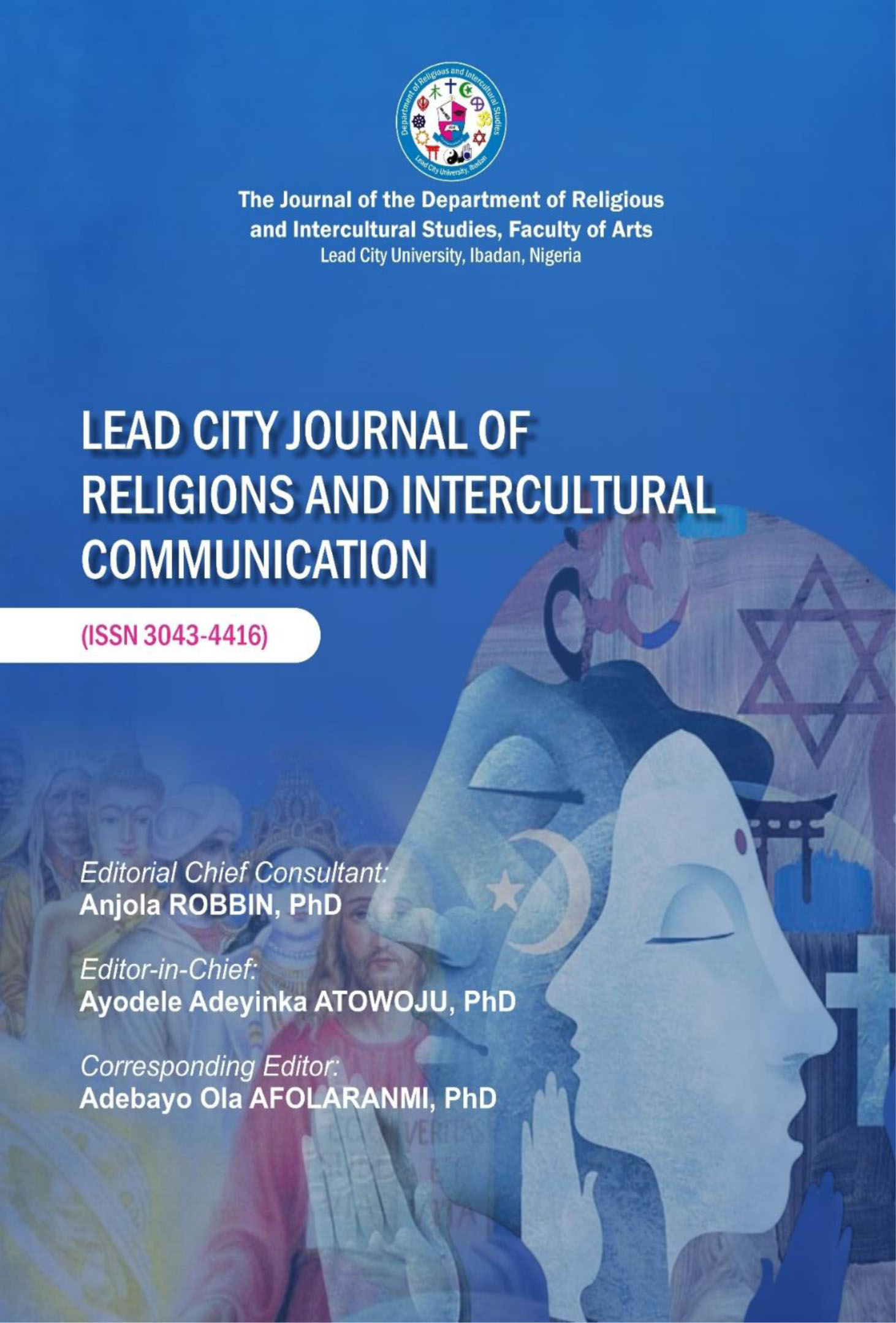Navigating Obstacles, Nurturing Opportunities: A Multidimensional Approach to Poverty Reduction in Nigeria
Keywords:
Poverty Alleviation, Economic Development, Gender Equality, Digital Innovation, Sustainable SolutionsAbstract
This paper delves into the intricate web of factors perpetuating poverty in
Africa's largest economy – Nigeria. Nigeria grapples with a significant
population living in extreme poverty. The paper underscores the multifaceted
factors contributing to poverty, including historical, economic, social, and
institutional elements, and the exacerbating role of gender inequality. This
paper does not just diagnose problems; it prescribes actionable solutions. The
conceptualization and recommendations for achieving the Sustainable
Development Goals (SDGs) are very Western/European-centric. This paper
takes an Africo-centric approach and perspective to the analysis and execution
of SDG 1 (No Poverty). By synthesizing lessons from global best practices and
homegrown innovations, the paper charts a path towards a more equitable
Nigeria. Proposed strategies include gender-responsive initiatives, data-driven
policies, and inclusive economic measures to address systemic inequalities and
promote sustainable development. The paper also addresses the detrimental
role of political patronage in poverty alleviation efforts and suggests
countermeasures. It emphasizes the necessity for context-specific, data-driven
approaches to poverty alleviation and robust institutional frameworks to ensure
programme effectiveness and sustainability. The paper challenges policymakers, development practitioners, and citizens alike to reimagine
poverty alleviation, advocating for a holistic approach that addresses root
causes while embracing cutting-edge solutions. In conclusion, the paper
recommends further research into unconditional cash transfers, climateresilient agriculture, and culturally sensitive poverty metrics to inform more
effective poverty reduction strategies in Nigeria.

